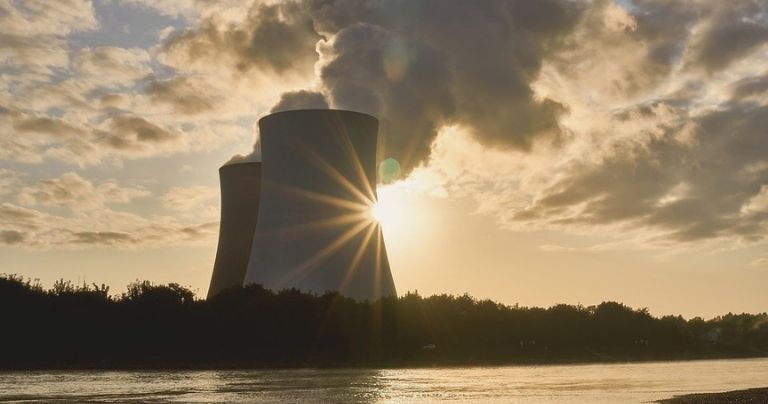Nuclear energy is essential for India’s energy transition
By EPR Magazine Editorial December 10, 2021 5:28 pm IST
By EPR Magazine Editorial December 10, 2021 5:28 pm IST

A total of 79 hydro schemes with an aggregate capacity of more than 30,000 MW have been envisaged for capacity addition for next 10 years.
Union Minister of State (Independent Charge) Science & Technology; Minister of State (Independent Charge) Earth Sciences; MoS PMO, Personnel, Public Grievances, Pensions, Atomic Energy and Space, Dr Jitendra Singh said that nuclear energy has an important role in the country’s energy transition for meeting the goal of net-zero economy.
In a written reply to a question in the Rajya Sabha today, the Minister said that the current installed nuclear power capacity in the country is 6780 MW. He said, Nuclear power is not only clean and environment friendly, but it is also a source of base load power available 24×7 like thermal power.
Dr Jitendra Singh informed that Prime Minister Narendra Modi in his statement at COP26 Summit held in Glasgow has stated that India will reach its non-fossil energy capacity to 500 GW by 2030 and the country will meet 50 percent of its energy requirements from Renewable Energy by 2030.On the issue of the government’s plan to meet the energy demands of the country using different energy sources (both renewable and non-renewable) in the next 10 years, Dr Jitendra Singh informed that in this regard, a total of 79 no. of hydro schemes with an aggregate capacity of more than 30000 MW (comprising 11 Pumped Storage Schemes of 8700 MW) have been envisaged for capacity addition during the period 2019-2020 to 2029-30. This includes 12663.5 MW of HE projects under construction for providing benefits during this period.
The Minister pointed out that out of the above 79 projects, 5 hydro schemes with a capacity of 1023 MW have since been commissioned. The existing nuclear power capacity of 6780 MW is going to be increased to 22480 MW by the year 2031 on progressive completion of projects under construction and accorded sanction. More nuclear power plants are also planned in future. Similarly, a total capacity of 31665 MW of coal-based capacity are in the various stages of construction.
We use cookies to personalize your experience. By continuing to visit this website you agree to our Terms & Conditions, Privacy Policy and Cookie Policy.